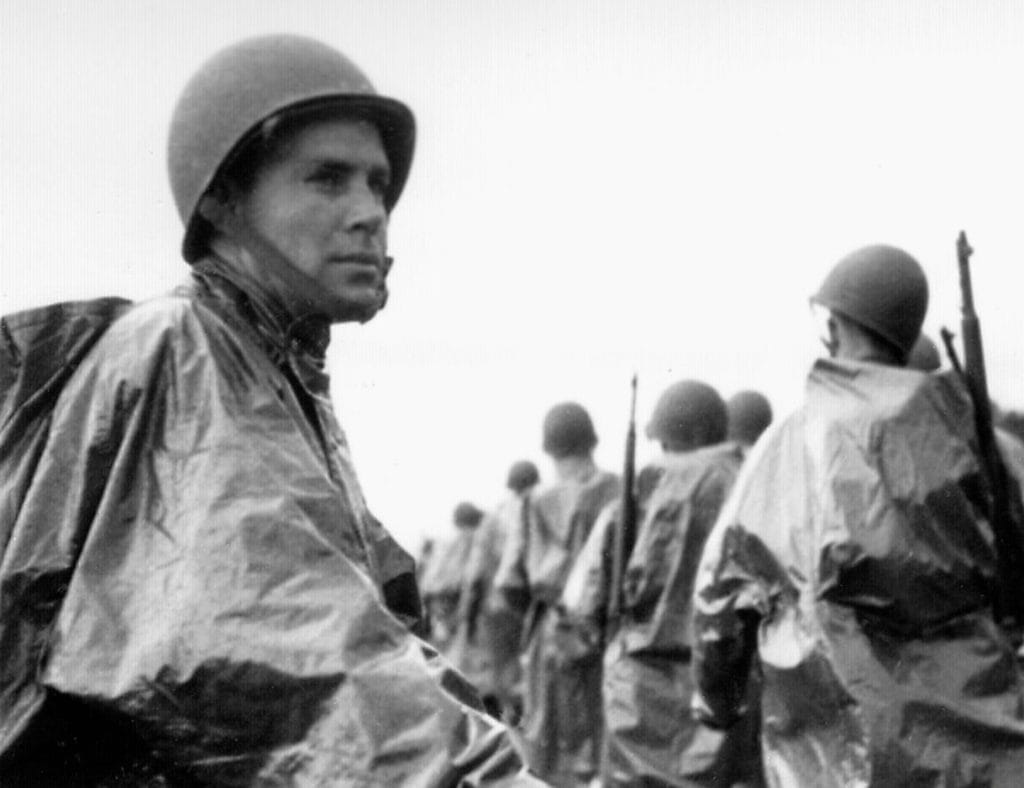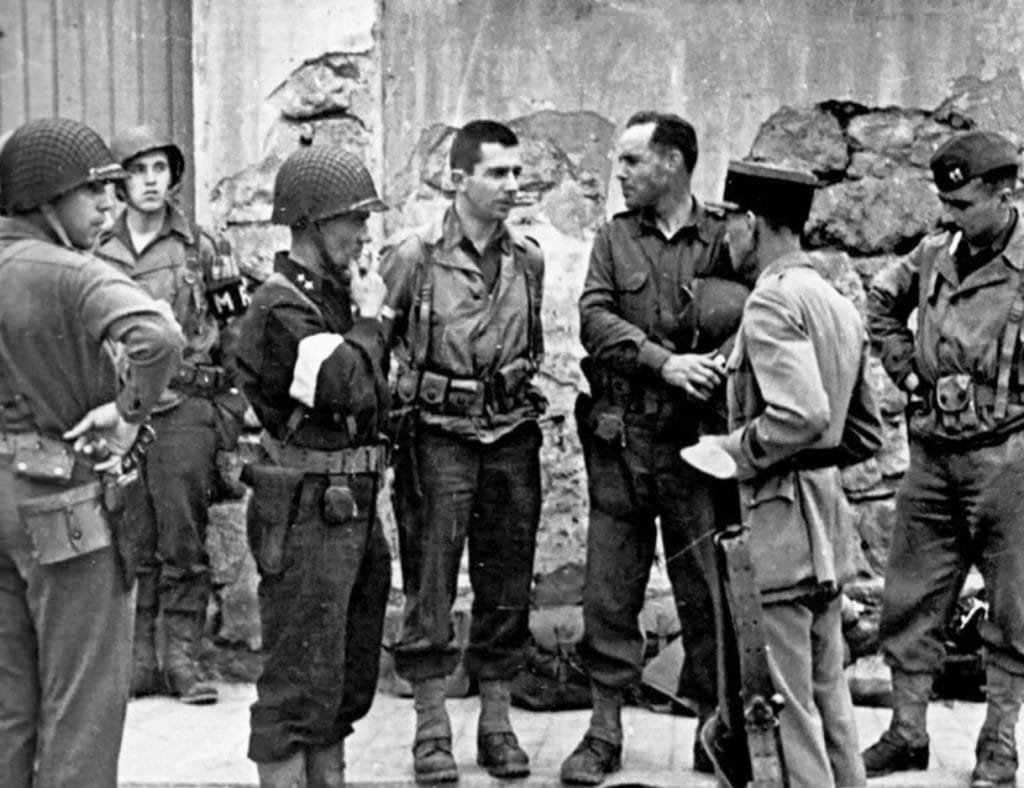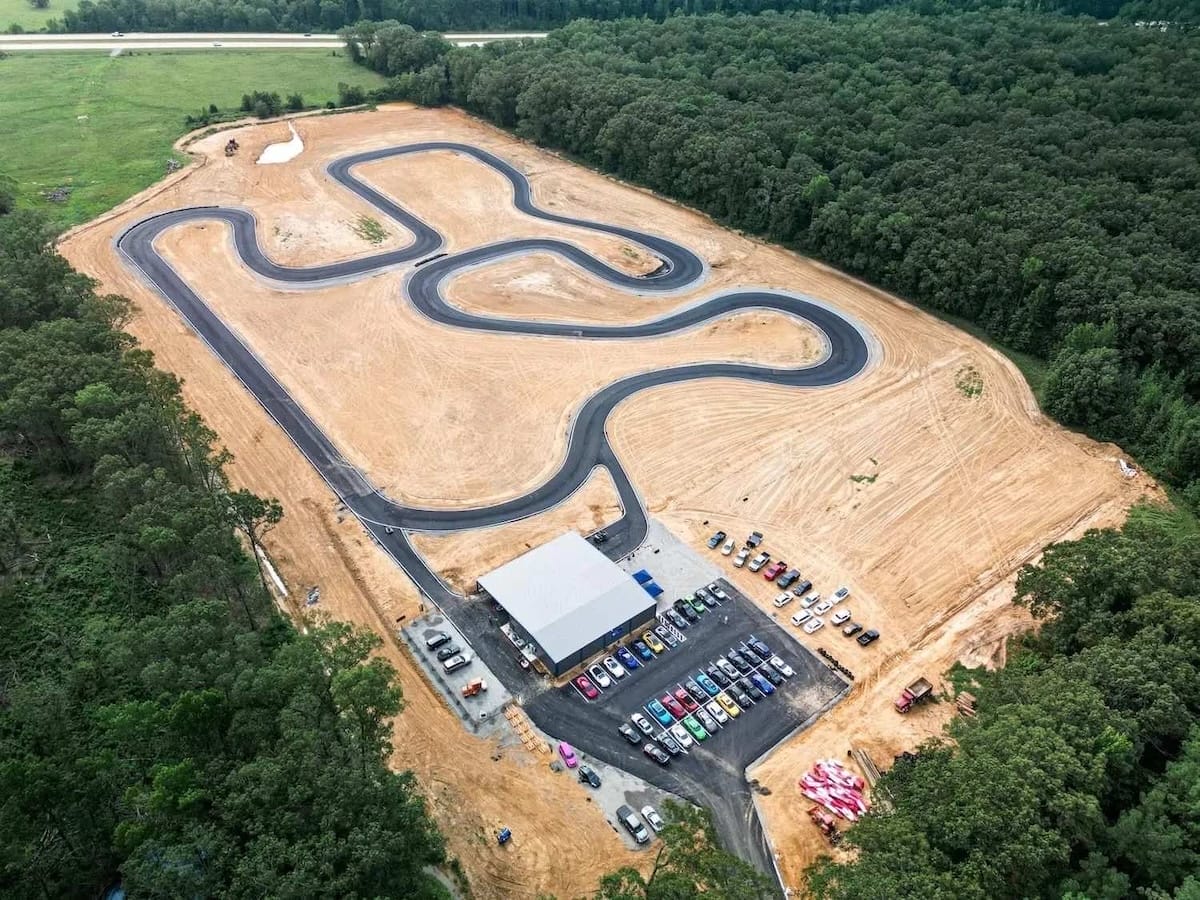

Uh oh...
It appears that you're using a severely outdated version of Safari on Windows. Many features won't work correctly, and functionality can't be guaranteed. Please try viewing this website in Edge, Mozilla, Chrome, or another modern browser. Sorry for any inconvenience this may have caused!
Read More about this safari issue.

Veterans Day invites us to pause and reflect. To marvel at those who fought for freedoms we often take for granted. To honor the forgotten heroes whose courage shaped our history. And to be grateful for the men and women who stood and continue to stand, between us and danger.
Recently, we introduced readers to Herman Davis, a World War I sharpshooter from Manila, Arkansas, who earned national recognition for his bravery. Today, we highlight another Arkansan whose leadership forever changed modern warfare – Brigadier General William Orlando Darby of Fort Smith, the founder of the U.S. Army Rangers.
Darby’s life is the story of a small-town boy who dreamed big, led with heart, and built a legacy that still inspires generations of soldiers.

Who Was General Darby?
William “Billy” Darby was born February 9, 1911, in Fort Smith. An avid reader, Boy Scout and churchgoer, he graduated from Fort Smith High School in 1929. He received an appointment to the U.S. Military Academy at West Point through Congressman Otis Wingo. Darby graduated in 1933 as a second lieutenant in the field artillery and began his Army career at Fort Bliss, Texas, before attending the Field Artillery School at Fort Sill, Oklahoma.
By the time the world was once again on the brink of war, Darby’s reputation for discipline and resolve was well established. In 1942, he served as aide-de-camp to Major General Russell Hartle in Northern Ireland, when he was selected to form an elite commando unit inspired by the British Commandos. From 2,000 volunteers, Darby personally chose and trained 500 soldiers in challenging Scottish terrain. The 1st Ranger Battalion was activated July 9, 1942.
That unit, “Darby’s Rangers,” would go on to make history.

Meeting Ranger Darby
When America launched Operation Torch, the Allied invasion of North Africa, Darby’s men led the assault at Arzew, Algeria. Despite intense machine-gun and artillery fire, Darby guided the attack with remarkable bravery, earning the Distinguished Service Cross for valor. Many described his leadership as “a blend of audacity, precision and devotion,” traits that would become the hallmark of the Army Rangers.
The success of the 1st Ranger Battalion led to the formation of two additional battalions, trained by Darby in Algeria in 1943. Together, the 1st, 3rd, and 4th Ranger Battalions led the amphibious invasions of Sicily and mainland Italy.
Darby once said, “Commanding the Rangers was like driving a team of very high-spirited horses. No effort was needed to get them to go forward – the problem was to hold them in check.”
But the cost of that spirit was high. In Jan. 1944, during the Battle of Cisterna, Darby’s Rangers faced overwhelming German forces. Out of more than 760 men in the 1st and 3rd Battalions, only six survived. Darby was deeply affected by the loss, yet his leadership stayed strong. Sent back home for a Pentagon assignment, he carried the grief of that battle with him for the rest of his life.
By 1945, he had returned to Italy, serving as assistant division commander of the 10th Mountain Division. His troops affectionately nicknamed him “Colonel Dynamite.”

Valiant Warrior
Darby led “Task Force Darby” during the final Allied push through northern Italy. On April 30, 1945, just days before Germany’s surrender, he was meeting with officers near Lake Garda when an enemy artillery shell exploded nearby. Shrapnel fatally wounded him and Sergeant Major John Evans. Brig. Gen. Robinson Duff later wrote, “Darby died as he lived – up front.”
He was only 34 years old.
In recognition of his bravery, Darby was promoted posthumously to Brigadier General on May 15, 1945. Throughout his career, he earned a remarkable array of military honors.
- Distinguished Service Cross with Oak Leaf Cluster
- Silver Star
- Legion of Merit
- Bronze Star Medal
- Purple Heart with Two Oak Leaf Clusters
- Army Distinguished Service Medal
- European-African-Middle Eastern (EAME) Campaign Medal with Five Battle Stars
- World War II Victory Medal
- French Croix de Guerre with Silver Star
- British Distinguished Service Order
- Soviet Order of Kutuzov (Third Class)
Darby remains one of the most decorated graduates of West Point’s Class of 1933.

A Lasting Legacy
Darby’s story embodies faith, endurance and unwavering loyalty, values deeply rooted in his Arkansas upbringing. Though he was initially buried in Italy, his remains were moved to the Fort Smith National Cemetery in 1949. His headstone is among those of fellow servicemen and women, a quiet tribute to a man whose name echoes in every Ranger creed recited today.
His legacy lives on in many ways:
- The Darby Legacy Monument at Cisterna Plaza in Fort Smith was unveiled in 2016. It features Darby riding a Harley-Davidson motorcycle, symbolizing his mobility and bravery. Fort Smith native Kevin Kresse sculpted Darby’s likeness in bronze.
- Camp Darby in Livorno, Italy, bears his name and serves as a vital U.S. Army logistics base.
- Darby Junior High School in Fort Smith honors his life and service.
- Fort Drum’s Rapid Deployment Center in New York, known as the Darby Facility, can mobilize more than 1,000 soldiers.
- Statues and plaques in Cisterna, Italy, and other cities commemorate the sites where his troops fought bravely under his leadership.
- Each year, the Darby Challenge, a 40-mile Ranger endurance event in Vicenza, Italy, is held to honor his memory and the 25 soldiers lost on April 30, 1945.
Ask any U.S. Army Ranger about Darby, and their response is usually the same – a moment of silence, followed by pride. His leadership defined the ethos of the Rangers: courage, discipline, and selfless service.
Darby’s Rangers established the standard for modern U.S. Army special operations, with their motto echoing his spirit, “Rangers lead the way.”

Onward We Stagger
Today, visitors to Fort Smith can explore the Fort Smith Museum of History, where an exhibit honors Darby’s life and the formation of the Rangers. Just blocks away, at the national cemetery, his grave stands as a quiet reminder that heroes can come from anywhere, even a boy from Arkansas with a dream to serve. A stroll from the Fort Smith Entertainment District to the Cisterna Plaza offers space for reflection and honor. And a retired Army Ranger is currently renovating Darby House into a vacation rental and museum.
During a dedication ceremony for one of the buildings named after him, a framed quote reflected the core of his bravery:
Onward we stagger and if the tanks come, may God help the tank.”
This Veterans Day, let us remember not only General Darby’s heroism but also the generations of soldiers who carry his torch, with Rangers still leading the way.
Explore more stories about veterans and the way we honor their bravery.
Images throughout the story are public domain from the US Army, depicting William Darby and the men he led during WW2.
Join the Conversation
Leave a Comment
One response to “Darby’s Rangers Hail from Arkansas”
 Leave a Reply
Leave a Reply
We do the work.
You check your email.
Sign up for our weekly e-news.
Get stories sent straight to your inbox!












 Leave a Reply
Leave a Reply
[…] fall break trip to New Orleans and the WWII Museum, honoring the grandfathers who […]